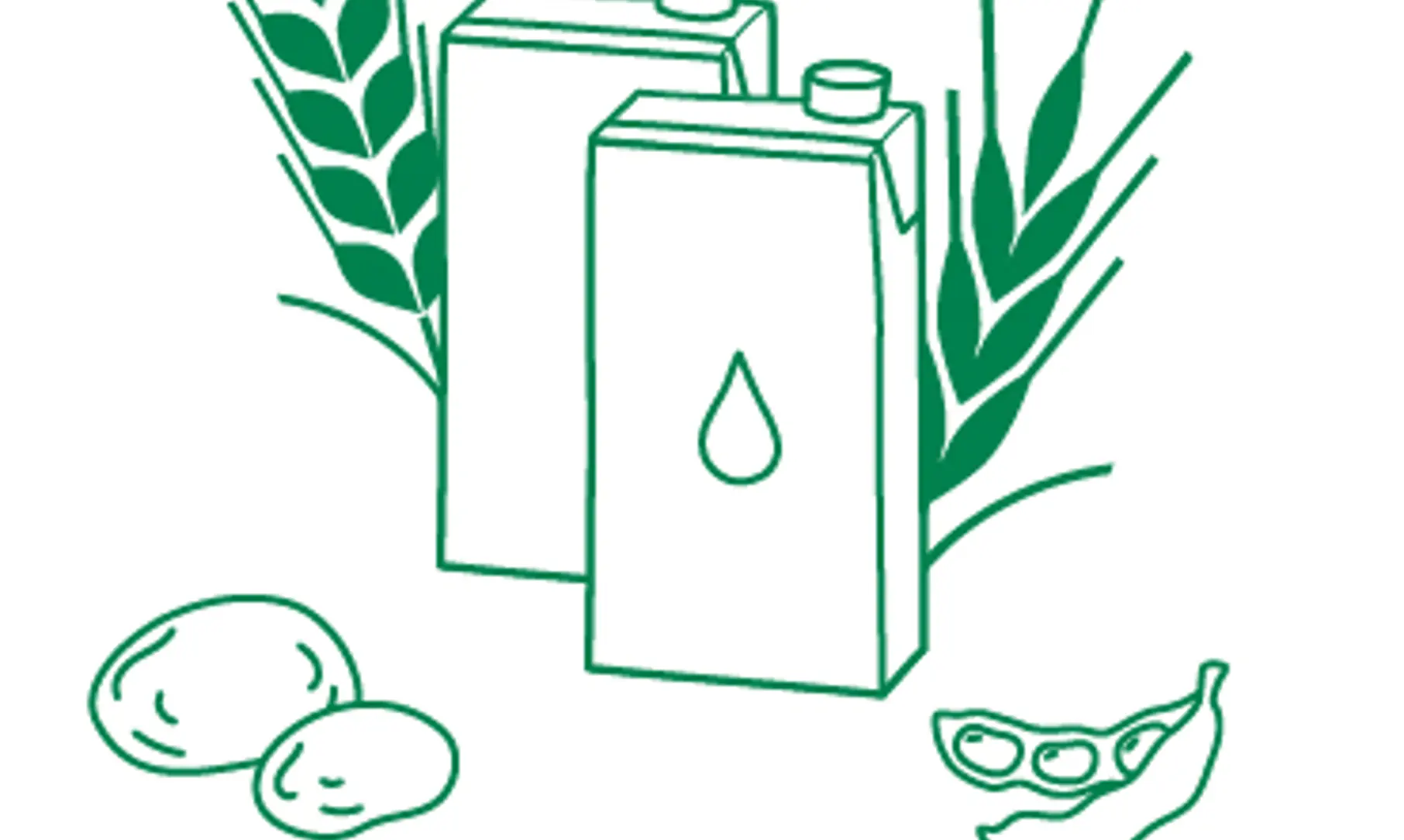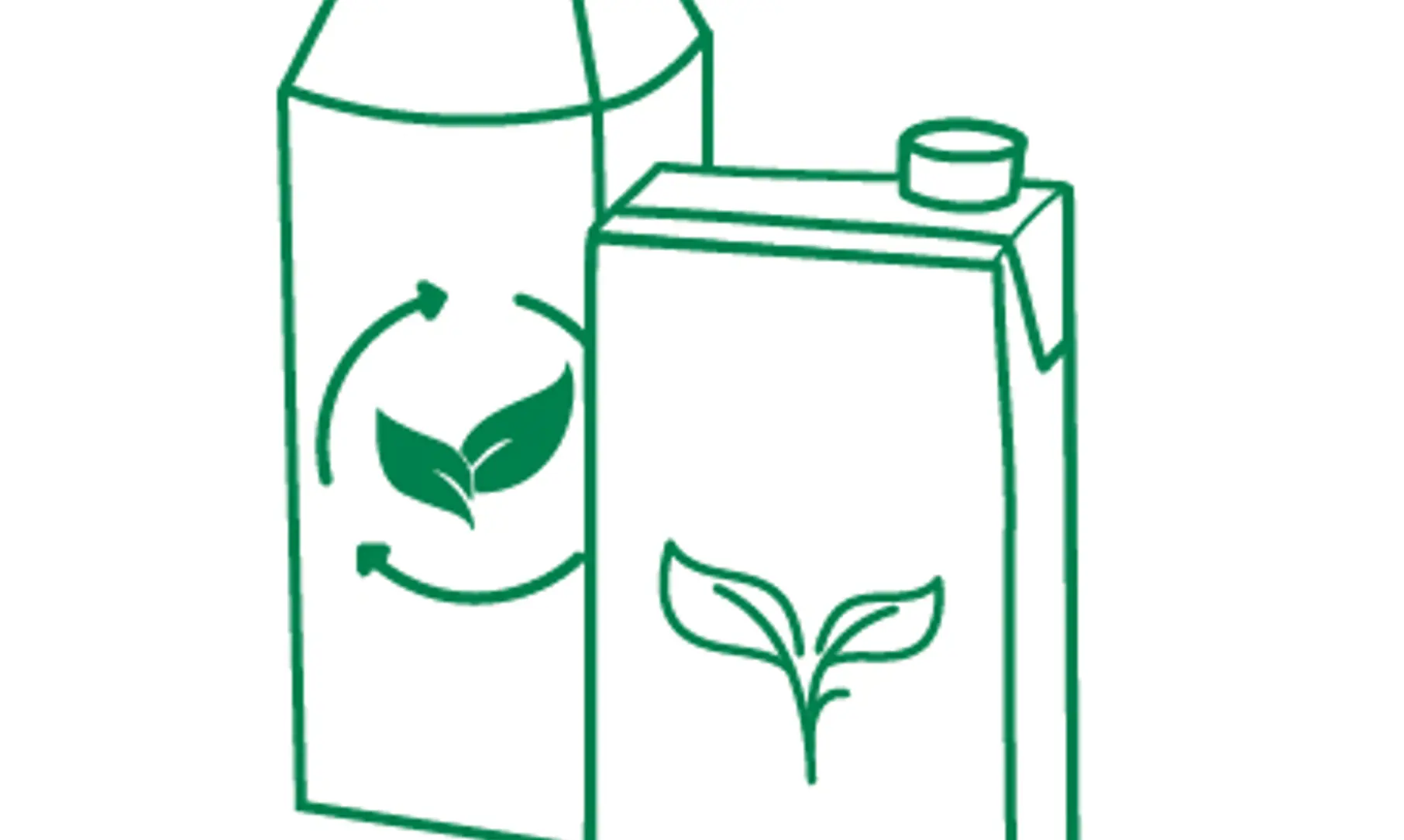What’s powering up in plant-based?

In part two of Drinking Different we look at what’s different in the plant-based beverages market, from new product launches to future trends.
Plant-based beverages have been under the spotlight over the last few years. The segment has been growing exponentially both in terms of choice and popularity with the global market expected to exceed $24 billion by 2027. In 2019, in Western Europe alone, 724 plant-based drinks were introduced – accounting for 39% of global launches.
Plant-based beverages, as the name suggests, encompasses all beverages made from any part of a plant, from fruit to seed. So, the raw materials used in this category are virtually limitless, especially when these ingredients are used innovatively to boost health quotient.
Here, we are focussing on plant-based drinks that are positioned as alternatives, one of the key segments within the plant-based category. As more and more consumers opt for plant-based products in their daily diets owing to a vegan or flexitarian approach, the shift is likely to grow especially among the younger generations. Take the success of social media trends like Veganuary.
Classics vs newbies
The classic plant-based beverage, milk alternatives, continue to be the most prominent and versatile segment with soy as the most popular ingredient – followed by rice and almond. Some of the new ingredients taking centre stage are barley, peas, hemp and potatoes, the latter being hailed as the alternative milk trend of 2022. Innovations within sourcing, like upcycled barley from beer production, are making headlines too.

Another all-time popular milk alternative standing the test of time and consumer preference is oat-based beverages. Boosted by the added benefit of generally being more sustainable to produce along with its neutral flavour and health credentials like prebiotic fibre, the growth of oat drinks comes as no surprise.
Key differentiators
With the rising demand for plant-based beverages, consumer expectations surrounding it have also grown to include more natural flavour and taste, functional benefits like more protein, sustainable sourcing, and value-add claims. As per industry experts, this trend is not slowing down as both new and improved offerings fuelled by manufacturers being more innovative is set to make the segment even more competitive.

Leading with packaging
Standing out in consumer minds is vital for any product, especially in a continuously evolving market as this one. This is where packaging can make an impact on all fronts, including sustainability. Take Mighty Drinks, an SIG customer who switched up their brand perception with creative branding on carton packs. See more stories about packaging and brand perception in part six of our Time Travel with Packaging series.
In the next part this series, we explore another segment of plant-based products, juices and smoothies. From initially being heralded as healthy to falling somewhat out of favour as consumers started paying more attention to the ingredient list, can this segment live up to current market demands? Meanwhile, get our exclusive paper ‘The Plant Based Shift’ and explore how SIG can help realise the potential of the plant-based drinks market.
- oktober 13, 2022
